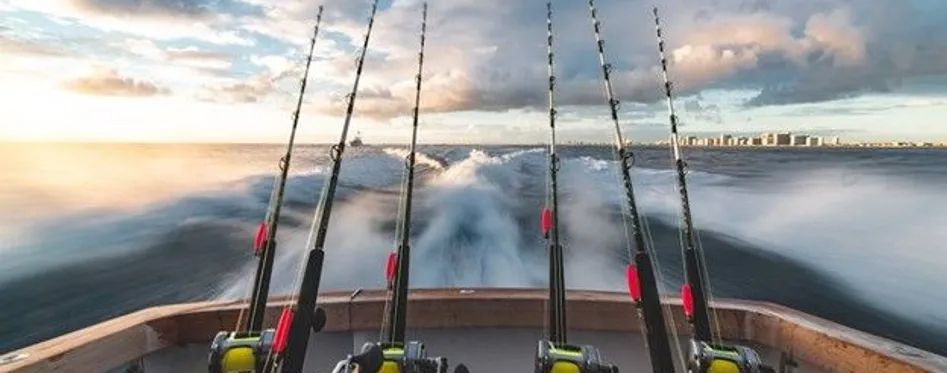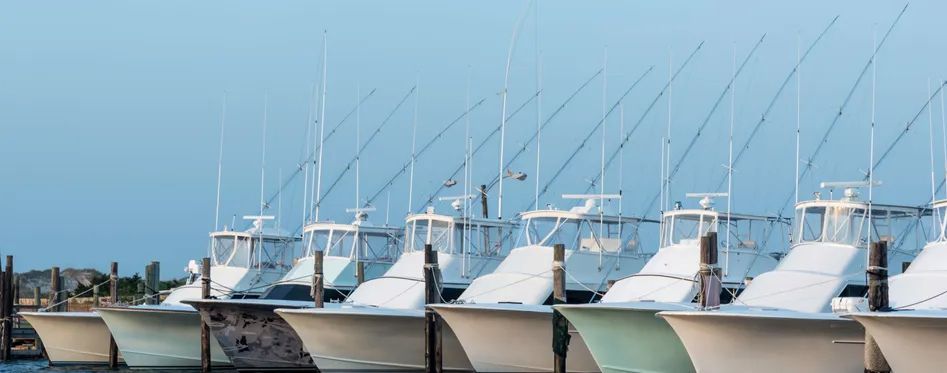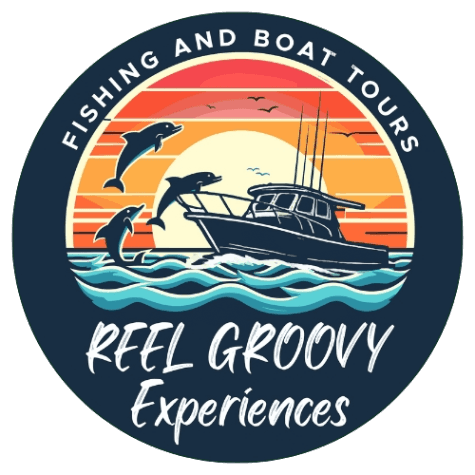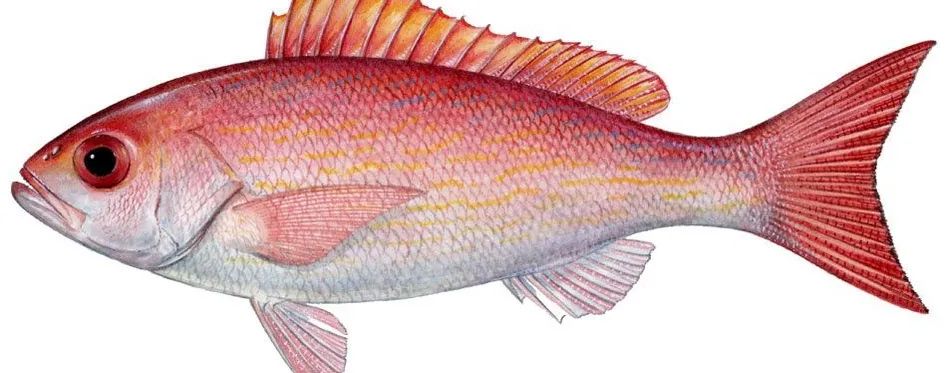How Much Does a Deep Sea Fishing Charter Cost
Factors Influencing Deep Sea Fishing Prices

Deep sea fishing is an exhilarating adventure, offering a chance to battle nature, test your skills, and potentially land a trophy catch. But how much does a deep sea fishing trip cost?
The answer isn’t straightforward. Deep sea fishing prices can vary widely, influenced by a multitude of factors such as location, trip duration, type of fish targeted, and group size. Every aspect can impact the cost.
In this article, we’ll delve into the various elements that shape deep sea fishing costs. Our aim is to provide a comprehensive understanding of what contributes to the overall price, helping you make informed decisions when planning your next fishing excursion.
Understanding Deep Sea Fishing Trip Costs
Deep sea fishing trips can be a memorable experience, but the costs can add up quickly. It’s important to understand the various factors affecting these prices. The main aspects influencing deep sea fishing costs include location, seasonality, trip length, and the type of fish targeted. Together, they form the backbone of your budget planning.
Moreover, vessel choice and group size play crucial roles. Larger or luxury boats, private charters, and high-demand destinations typically cost more. The captain’s expertise can also be a significant cost factor, as experienced crews offer safety and better chances of catching prized fish.
Additionally, there are often overlooked expenses, such as tipping the crew and fish cleaning services. Fuel and operational expenses, insurance, marina slip rental fees, equipment maintenance, and compliance with regulatory fees also contribute to the overall cost. Understanding these elements helps you plan a trip that fits your budget and ensures a successful and enjoyable fishing adventure.
Seasonality and Peak Times
Seasonality plays a crucial role in pricing. Deep sea fishing trips during peak season generally command higher rates due to increased demand. Booking off-peak might save money and provide a more tranquil fishing experience. Weather and fishing conditions differ throughout the year, affecting the availability and behavior of fish species. Understanding these variations helps you choose the best season for both catching fish and managing cost. Additionally, popular fishing seasons can also mean more crowded fishing spots, so planning accordingly can enhance your overall experience.
Location and Destination Demand
Location greatly impacts deep sea fishing prices. Some destinations are well-known for their rich fishing grounds, resulting in higher costs. Popular spots often charge more due to high demand, while remote areas might be costlier due to logistical challenges and exclusivity. Additionally, economic conditions of the region can sway prices. Where tourism thrives, you might see higher rates influenced by demand and the local economy.
Duration and Trip Length
The trip length directly affects costs. Longer fishing trips usually mean higher prices. Many deep sea expeditions offer full or half-day options, each priced differently. Longer durations allow more fishing time and travel to distant spots. Shorter trips might be more budget-friendly, but you’ll have less time to fish. Additionally, shorter trips may not have access to as many fish due to spots close to shore being overfished in high season. Balance your desire for a long adventure with your budget constraints.
Targeted Fish Species
The type of fish you target influences costs. Specific species require special gear or bait, increasing expenses. Some fish are located farther offshore, demanding more fuel and time, which naturally pushes up the price. Rare or challenging species often lead to specialized trips, which can come at a premium due to their unique nature.
Vessel Size and Type
The size and type of boat significantly impact pricing. Larger vessels generally offer more comfort but at a higher cost. Luxury boats provide amenities like air-conditioning or cabins, adding to the overall expense. Conversely, smaller vessels or shared charters might be more affordable but often lack the additional perks of larger boats.
Group Size and Charter Type
Group size plays a key role in determining your cost. Private charters offer exclusivity but are more expensive. Shared charters distribute costs among participants, making them cheaper per person, ideal for those on a budget. Additionally, smaller groups may experience a more personalized trip, while larger groups may see reduced prices but less individual attention. “Party boats” offer a budget-friendly option but are strictly shared or split charters with large numbers of people, which doesn’t allow for a lot of space while fishing or any personalization of the experience.
Captain and Crew Expertise
The experience level of the captain and crew can influence prices. Highly skilled teams often charge more but bring valuable expertise. They provide safety and increase your odds of catching fish, which many anglers see as a worthwhile investment. A seasoned crew can enhance your fishing trip’s success and enjoyment, with their knowledge and skill often justifying the higher costs.
Overlooked Expenses
Several additional factors can impact the overall deep sea fishing cost. These are sometimes overlooked, leading to surprises in your budget planning:
- **Tipping the Crew**: Tipping the captain and crew is a customary practice in the fishing industry and generally expected as a token of appreciation for their hard work. A typical tip ranges from 15-20% of the charter cost, depending on the level of service and your satisfaction with the experience. It’s always a good idea to have cash on hand for tipping, as this is often preferred. Tipping not only rewards the crew for their dedication but also helps support their livelihoods.
- **Fish Cleaning Services**: Fish cleaning is another expense that is often forgotten about. Many charters offer fish cleaning services for an additional fee. This service ensures your catch is cleaned, filleted, and bagged, ready for you to take home. Prices for fish cleaning can vary, so it’s best to check with your charter beforehand. While this adds to the overall cost, it provides convenience and ensures your fish are prepared properly.
Additional Costs to Consider
- **Amenities and Inclusions**: Some charters include meals, drinks, necessary fishing gear, and supplies like ice and bait in their packages, which can increase the initial cost but add convenience and value.
- **Fuel and Operational Expenses**: Longer trips consume more fuel, impacting the final price. Additionally, a rise in fuel costs can dramatically affect charter prices, as fuel is a significant operational expense for fishing charters. It’s important to consider these operational fees when planning.
- **Insurance**: Insurance costs are an integral part of charter operations and can add to the overall expense.
- **Marina Slip Rental Fees**: These fees for docking the vessel are typically included in the charter costs. Popular marinas charge a high fee for docking the boat.
- **Equipment Maintenance**: Regular upkeep of fishing gear and boat equipment is essential and adds to expenses. Additionally, new equipment often needs to be purchased routinely to ensure optimal performance and safety. Regular boat maintenance also incurs significant time and money costs, which are necessary to ensure the vessel’s longevity and safety.
- **Regulatory Fees**: Compliance with local and federal regulations, including permits and licenses, may involve fees that are passed on to customers.
How to Get the Best Value for Your Money
Getting the most value from your deep sea fishing trip involves careful planning. Consider service and experience over just cost. Start by researching different charter services, identifying what each offers and how they match your needs. Consider expertise, amenities, and customer service. Reviews and testimonials provide insights into the experiences of previous customers, helping you gauge the value offered by each charter. Lastly, consider the timing of your booking. Securing deals during off-peak times can offer significant savings. Flexibility can be your friend when planning.
Conclusion: Planning Your Deep Sea Fishing Adventure
Planning a deep sea fishing trip involves numerous factors. By understanding these costs, you can budget effectively for a memorable experience. Remember to weigh value over just price, and research your options thoroughly to ensure an adventure that satisfies your expectations and budget. Enjoy the thrill of deep sea fishing!





